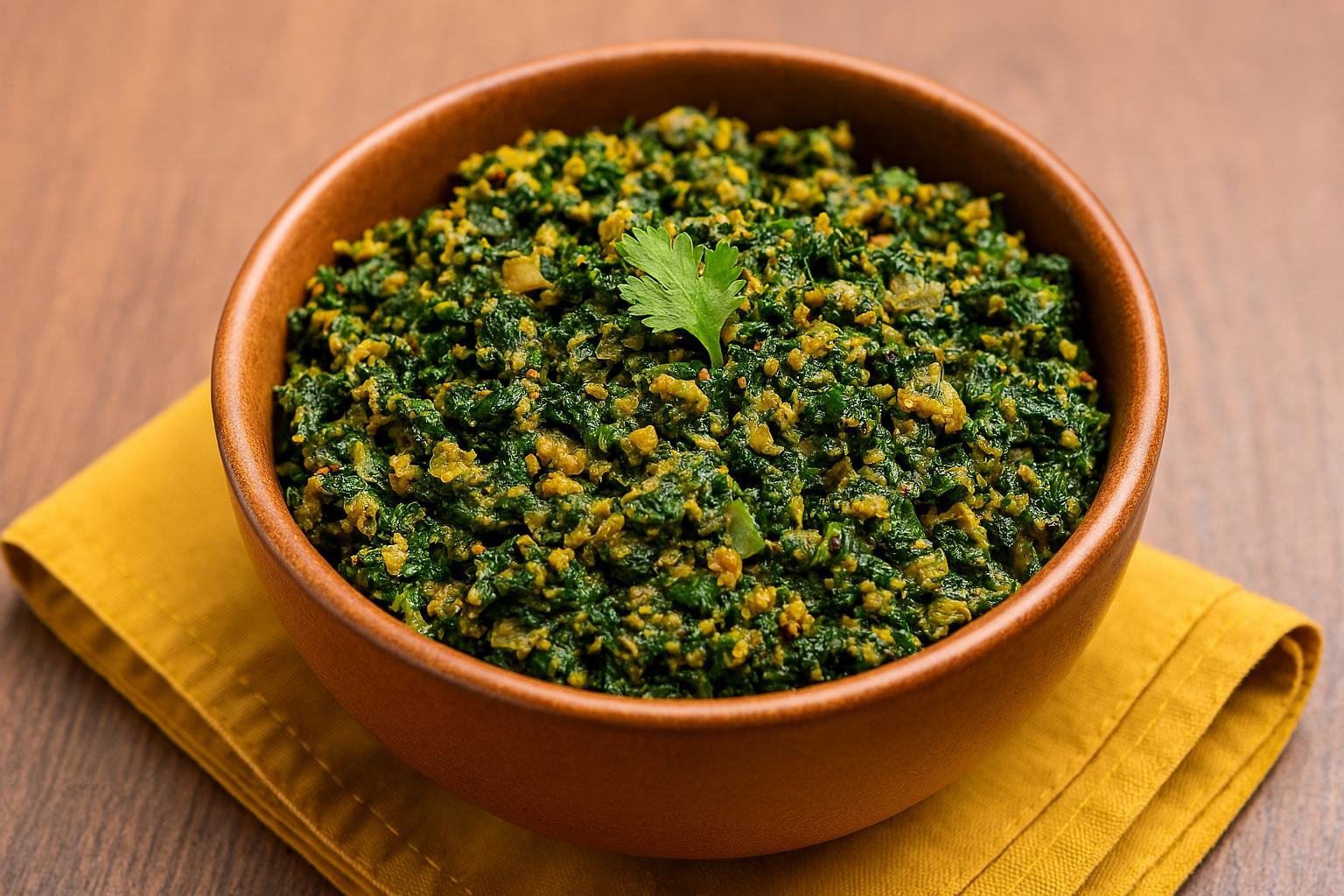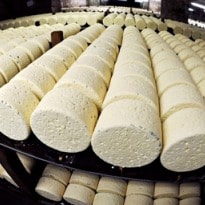"This really is the most stupid thing I've heard in a long time," rails Juliet Harbutt, international cheese guru and chair of the British cheese awards. "Who are these people? What on earth do they eat?" She's livid about a new paper by Consensus Action on Salt and Health (Cash) that argues cheesemakers are not going far enough in cutting levels of salt in their products. You may be familiar with the shtick. A couple of years ago a study bellowed that some cheeses contained "more salt than seawater!" and other tabloid-friendly soundbites. Now the anti-salt brigade are back to upbraid us once more. Perhaps they're miffed about all the attention the anti-sugar lobby is getting.
This latest study, which brings little new information to the table, reckons salt content to be considerably lower in supermarket own-brand cheddar and "cheddar-style" cheeses than in their branded equivalents. This, they inform us with the sort of dreary lack of appetite you'd expect from a group such as Cash, "demonstrates that it is technically possible to produce cheese with less salt in it".
Sure. Just as it's technically possible to make decaffeinated coffee, alcohol-free beer and vegan sausages. But that's kind of missing the point. And cheese needs salt. Sarah Hampton, who makes goat's cheese at Brock Hall farm in Shropshire, says: "The effect of salt in cheesemaking performs an essential function in the casein matrix, creates texture and flavour, and affects protein hydration in the cheese body."
Should more cheeses be made with less salt? "I personally like to be quite sparing with salt quantities," Hampton says. "For the kinds of semi-soft and semi-hard cheeses I make, too much salt can foreshorten the flavour. But some cheeses need that saltiness. Feta, for example, is more salty than a fresh goat's cheese, but that level of salinity constitutes the character of the cheese. An unsalted feta would be horrendous."
Just so. When Cash originally called for a reduction in salt levels two years ago, Sainsbury's barrel-aged feta was among the saltiest cheeses around. Today it remains unchanged at 3g salt per 100g. The same goes for the supermarket's parmesan, which, as before, contains 1.63g salt per 100g.
There are, in fact, plenty of cheeses that are inherently low in salt. Mozzarella, emmental and ricotta all contain less than 1% salt and are quite decent for it.
Blue cheese generally has a higher salt content, and necessarily so. I spoke to Billy Kevan, general manager of Colston Bassett Dairy and chair of the Stilton Cheesemakers' Association: "It's about more than flavour," he warns. "When you start messing about with salt, you affect all kinds of factors. When this all came out a few years ago we had a good look at salt content in our cheeses, and ran tests trying to find an optimum level that didn't sacrifice quality. No one ended up making cheese below this optimum because everyone knows it gives you bad cheese." The Food Standards Agency visited various Stilton dairies at the time and were satisfied that they were doing as much as they could.
You might think that this willingness in the industry to look at the issue would be adequate for the likes of Cash, but a renewed call for cheesemakers to cut salt levels yet further suggests otherwise.
According to Harbutt, they are missing the point entirely. "It's like saying: 'Take the salt out of parma ham.' Not only will you lose flavour, but you'll kill people. The point of salt is not, on the whole, to enhance flavour, but to preserve the cheese. It's like these people see cheese as one homogenous thing, when cheddar and camembert and stilton are all so different."
Roquefort cheeses in a cellar at Roquefort-sur-Soulzon, southern France - one of the saltiest culprits around. Photograph: Remy Gabalda/AFP/Getty Images










